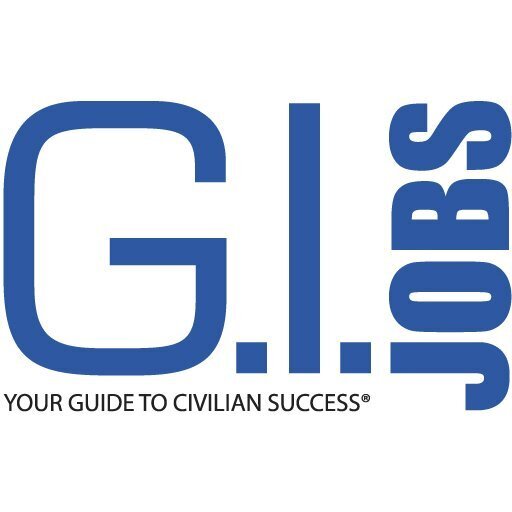Listen up, vets. You been through some tough $*** in the military, but now it’s time to get a job in the civilian world.
And let me tell you, it ain’t easy. One of the biggest challenges you’ll face is nailing that interview after the military. But don’t worry, we got your back.
First things first, you’ll need to watch your mouth. Civilians ain’t gonna understand all that military jargon, and it’ll make you sound like a fool in an interview after the military. Speak the language of the civilian world if you wanna get hired.
1.) Roger That
“OK,” “Understood,” and “Yes, sir/ma’am” are all acceptable replacements for this military phrase. The general public will understand what you mean if you do slip up, but it is not a common saying among civilians. We recommend you steer clear of it.
2.) Execute
While we may use the term execute synonymous with “to carry out,” like executing a mission, this term has a negative connotation in the civilian world. Interviewers hearing this term may interpret it as synonymous with “to kill.” Even if they don’t, they may prefer not to hear that type of language in an office.
3.) 24-hour Clock
It’s not 1400 hours … it’s 2 o’clock. Since most companies operate in the 9-to-5 time frame, the need to distinguish between the first 12 hours of a day and the second is not so great. If you are working at an office and a project is at 3 or a meeting is at 11, it is pretty easy to determine what time is actually meant. If, for some reason, you are working somewhere with extended hours, like retail, then just add a simple a.m. or p.m. as necessary.
4.) Your MOS/Rate
If you are talking about previous work experience, no one will know what you mean if you say you were an 11B. Even Naval rates can be a bit obscure. Say what your actual job title was, such as infantryman, then go on to explain what that means. As a machinery technician, I explain that my rate in the Coast Guard is equivalent to a general mechanic and that we provided preventative maintenance and repairs on 17 different types of equipment.
5.) Nine-er
This one will get you an awkward stare. Simply use the number nine. It is just as efficient and effective.
6.) Rank
Stay away from using terms like E-4 or O-3. These mean nothing to the general public. Even saying that you were a lance corporal, petty officer, staff sergeant or captain is obscure to a civilian. Make sure you explain what these titles mean. Discuss what your job was in regards to leadership and how many people were under your command.
7.) En Route/ETA
If this comes up in conversation, simply use “on the way” or “will be done in X minutes.”
8.) AIT/A School
When discussing your training, discuss what training was like. Explain what skills you learned, both technical and otherwise. Discuss any leadership training you took.
9.) Alpha Bravo Charlie
NATO letters have a place in some businesses, like IT, when you need to communicate lengthy strings of random letters. In an interview, however, restrain from this unless otherwise instructed.
10.) Semper Fi/Semper Paratus
If you are asked about your military service, leave out the abrupt slogan. You can be proud of your service without scaring your interviewer.
Get Interviewed at the Virtual Job Fair
To further prepare yourself for your next job opportunity and to connect with top employers, be sure to join our virtual job fair. Meet with employers and recruiters and learn about job opportunities needing your skillsets and experiences. Don’t miss this chance to take the next step in your civilian career journey, register for our virtual job fair.



